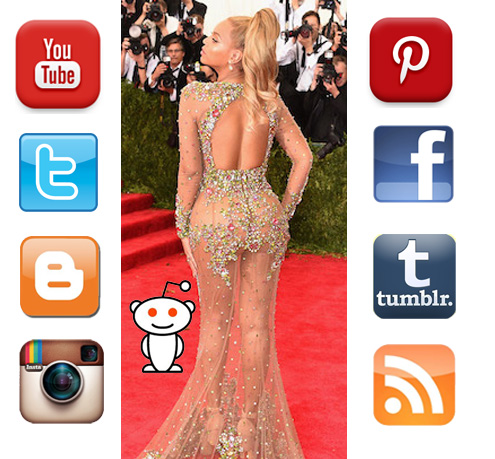Celebrities + Social Media Balancing Benefits and Risks The worth of a celebrity brand spokesperson such as Phil Mickelson is based on the free publicity — press coverage — the celeb can generate, sometimes even before the deal is announced.
The worth of a celebrity brand spokesperson such as Phil Mickelson is based on the free publicity — press coverage — the celeb can generate, sometimes even before the deal is announced.
Almost any publicity is good publicity. Occasionally, however, the publicity is so bad — e.g., as in the Paula Deen/Victoza case — that there is no further benefit to the brand associated with the celebrity. The only thing left to do is to end the relationship ASAP.
Then there is just plain “bad” publicity such as when the celebrity violates FDA regulations regarding promotion of a brand name drug as was the case when Kim Kardashian promoted Diclegis, a prescription morning-sickness medicine, via Instagram, Facebook, and Twitter. This type of bad publicity, however, can do more good than harm for the sponsoring brand. Kim Kardashian’s promotion of Diclegis, a prescription morning-sickness medicine, via Instagram, Facebook, and Twitter is a case in point.
This article focuses on the risks and benefits of using celebrities and social media to promote pharma brands and proposes that it may be time for the pharma industry to disclose the details of payments made to celebrities as they now are required to do for physician payments.
Topics (partial list):
- Paula Deen & Victoza: Brilliant or Dumb?
- Mickelson’s Enbrel Shill Audition
- The Kardashian Kerfuffle
- Fast Acting FDA!
- Corrective Social Media Messages
- The ROI of Social Media
- It’s Time For Celebrity Payment “Sunshine”
- Chart: The Pharma Social Media Hype Cycle
- Chart: Pharma Paid Celebrity Best Practices Survey Results
Download the full article (PDF file) here:
www.pharma-mkting.com/news/pmnews1406-article02.pdf
Too Many Celebs Crowd the Social Media Endorsement Space & Lose Influence!
PMN1406-02
Issue: Vol. 14, No. 6: September 2015



![6 Digital Tools at the Center of Healthcare Digitalization [INFOGRAPHIC]](http://ec2-54-175-84-28.compute-1.amazonaws.com/pharma-mkting.com/wp-content/uploads/2021/04/6DigitalTools_600px-218x150.jpg)




![6 Digital Tools at the Center of Healthcare Digitalization [INFOGRAPHIC]](http://ec2-54-175-84-28.compute-1.amazonaws.com/pharma-mkting.com/wp-content/uploads/2021/04/6DigitalTools_600px-100x70.jpg)




